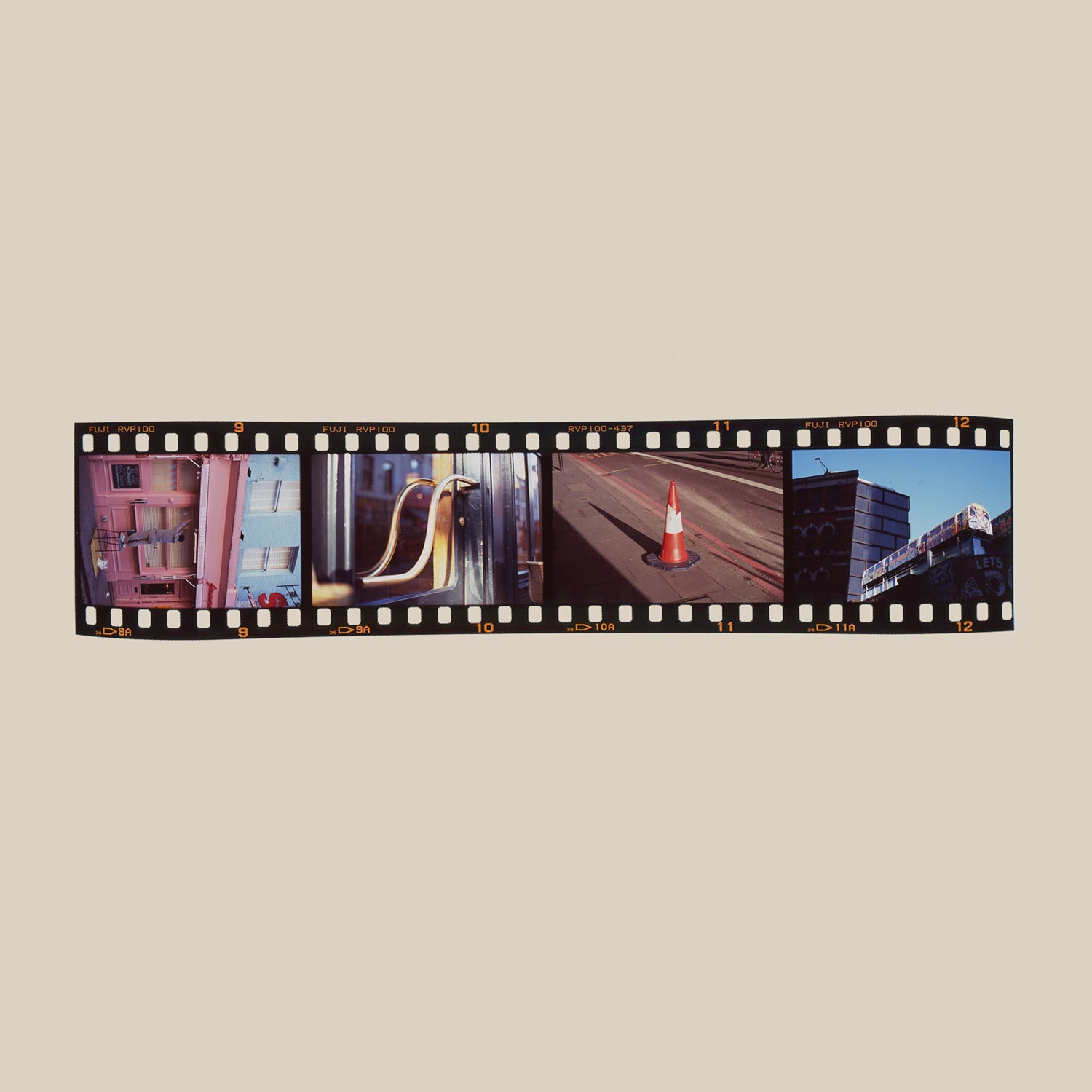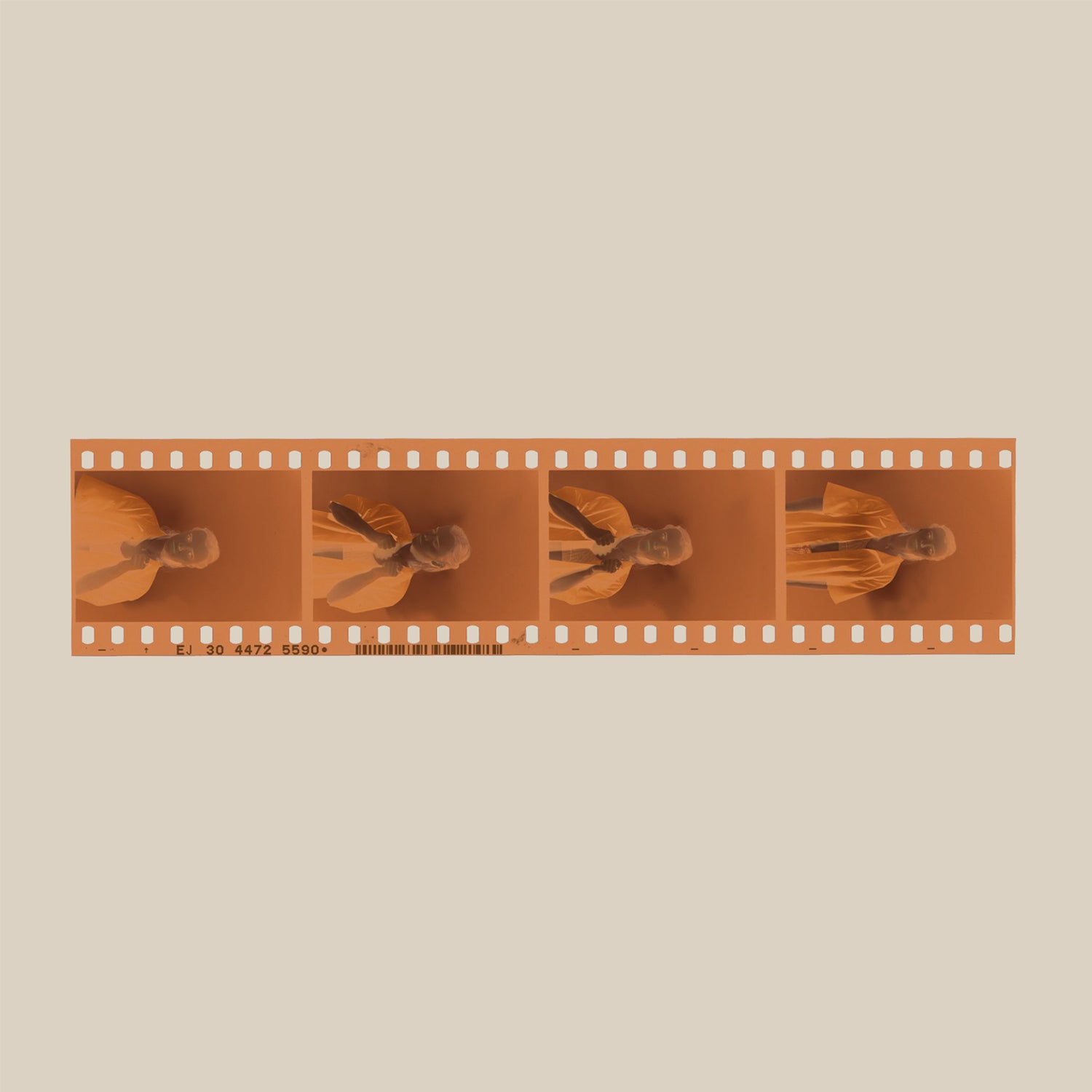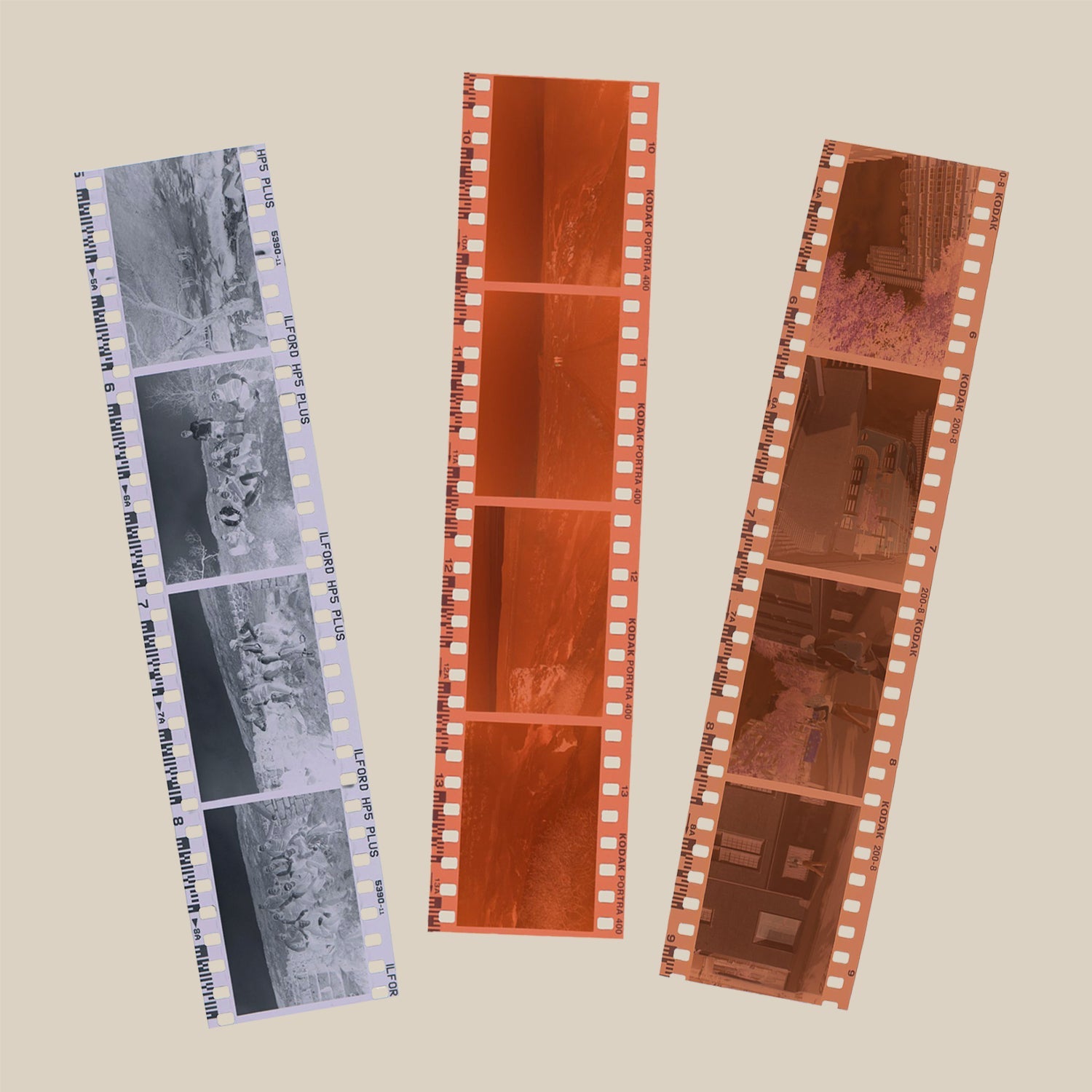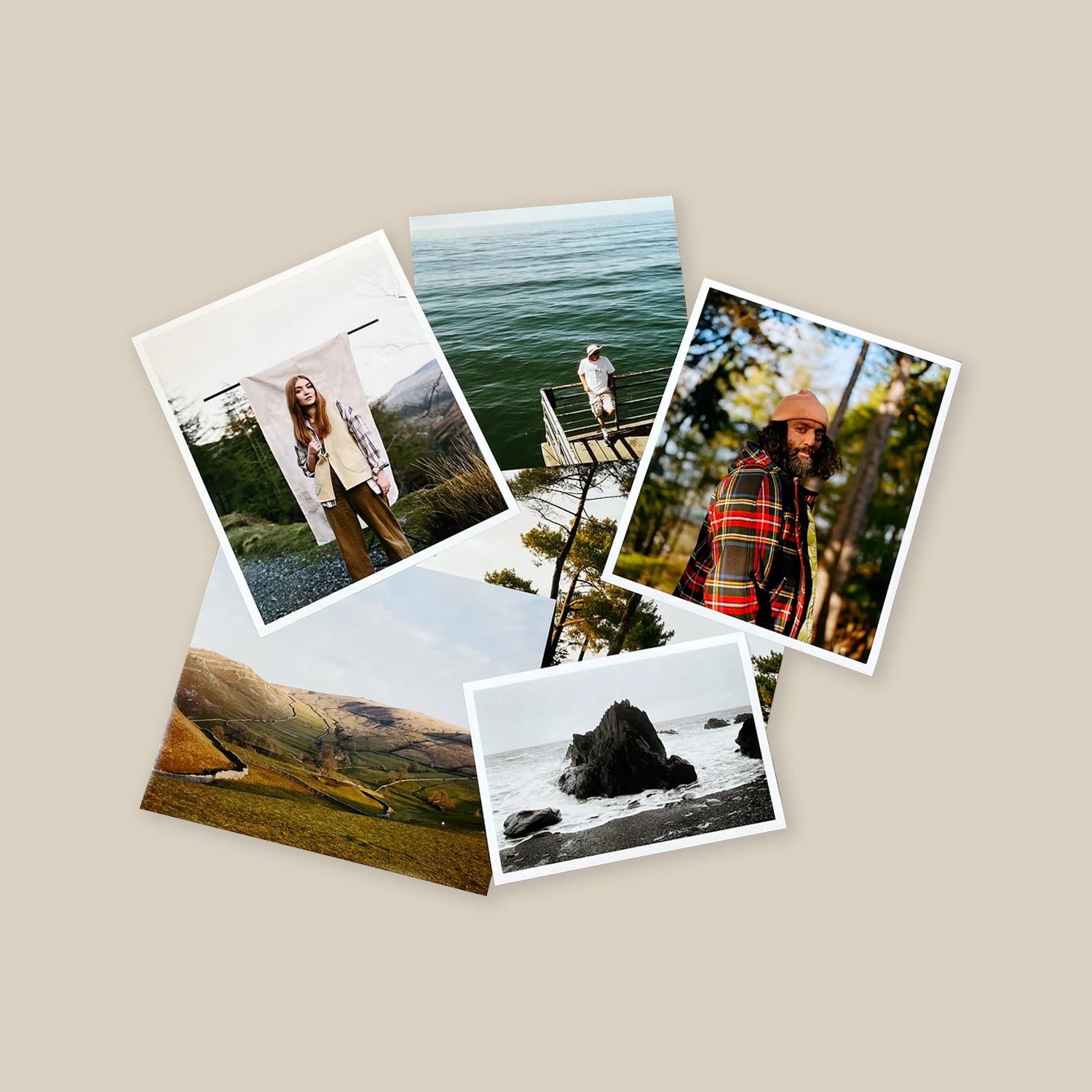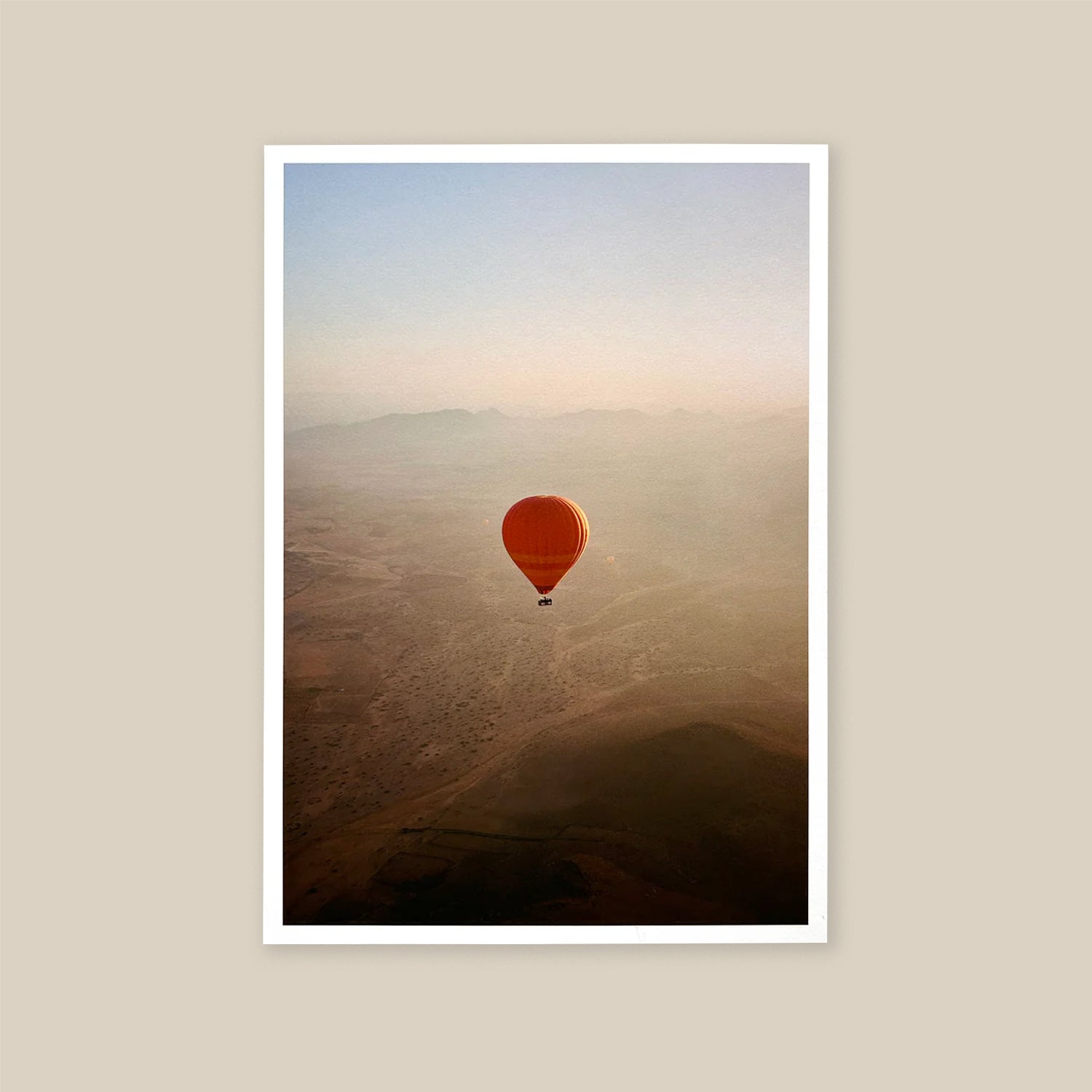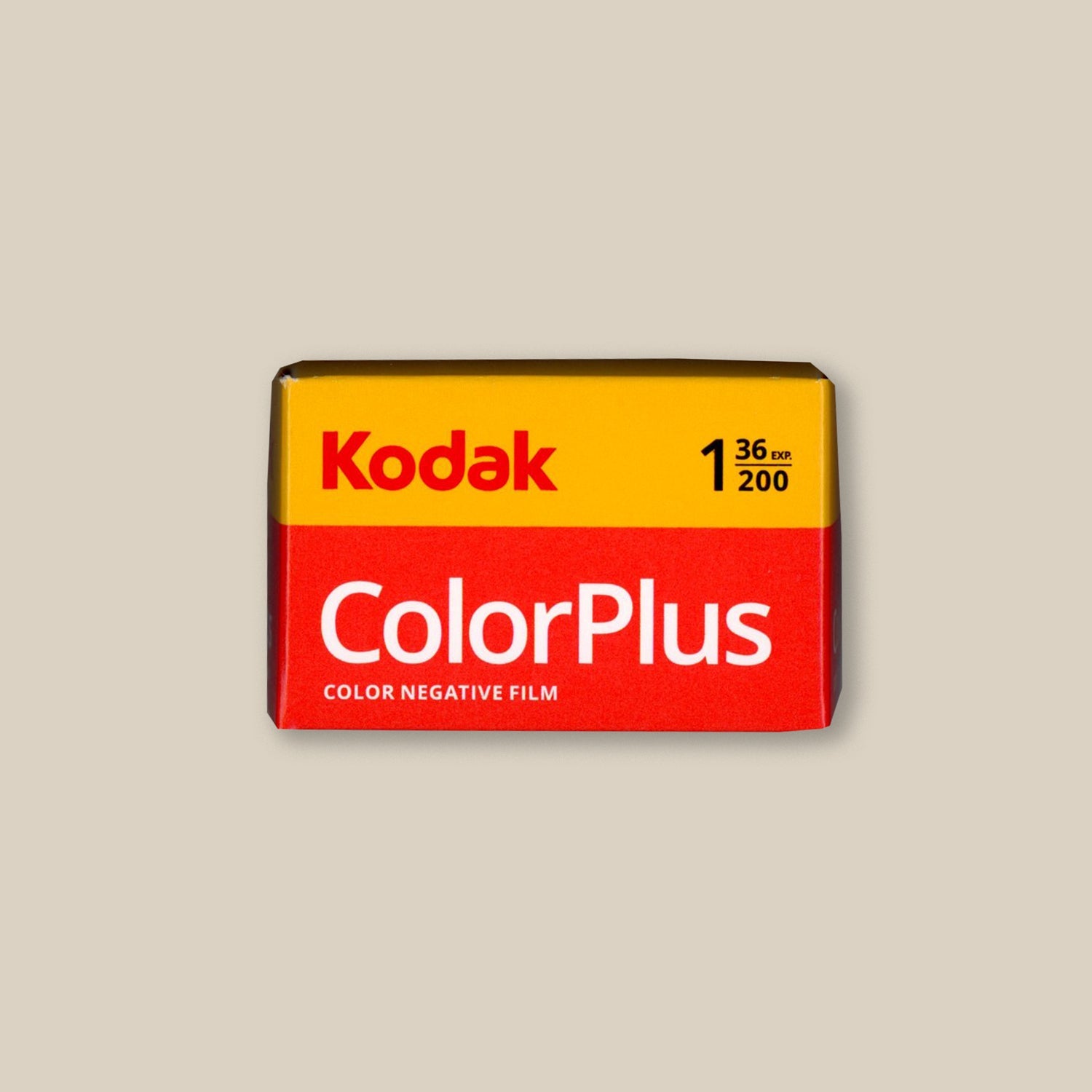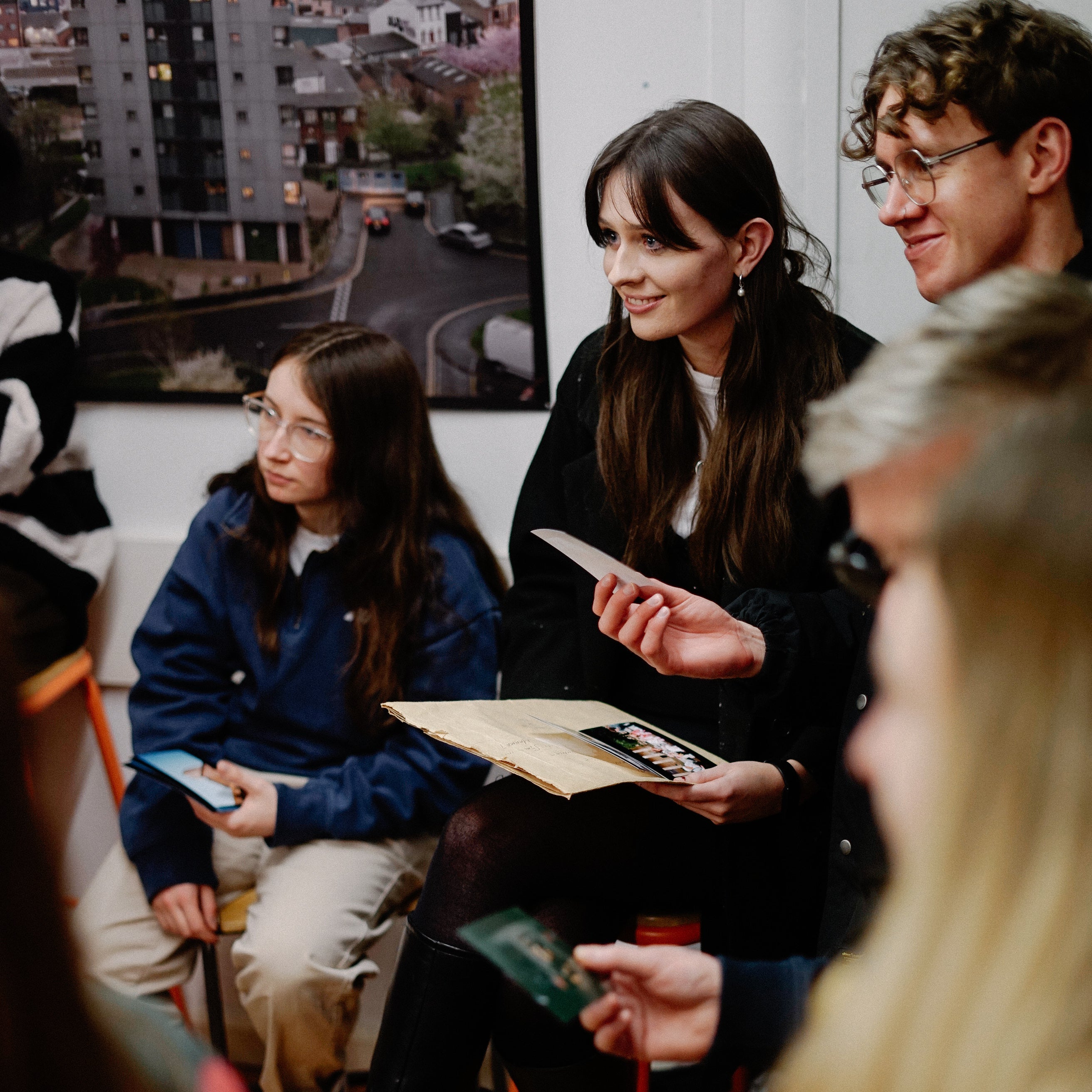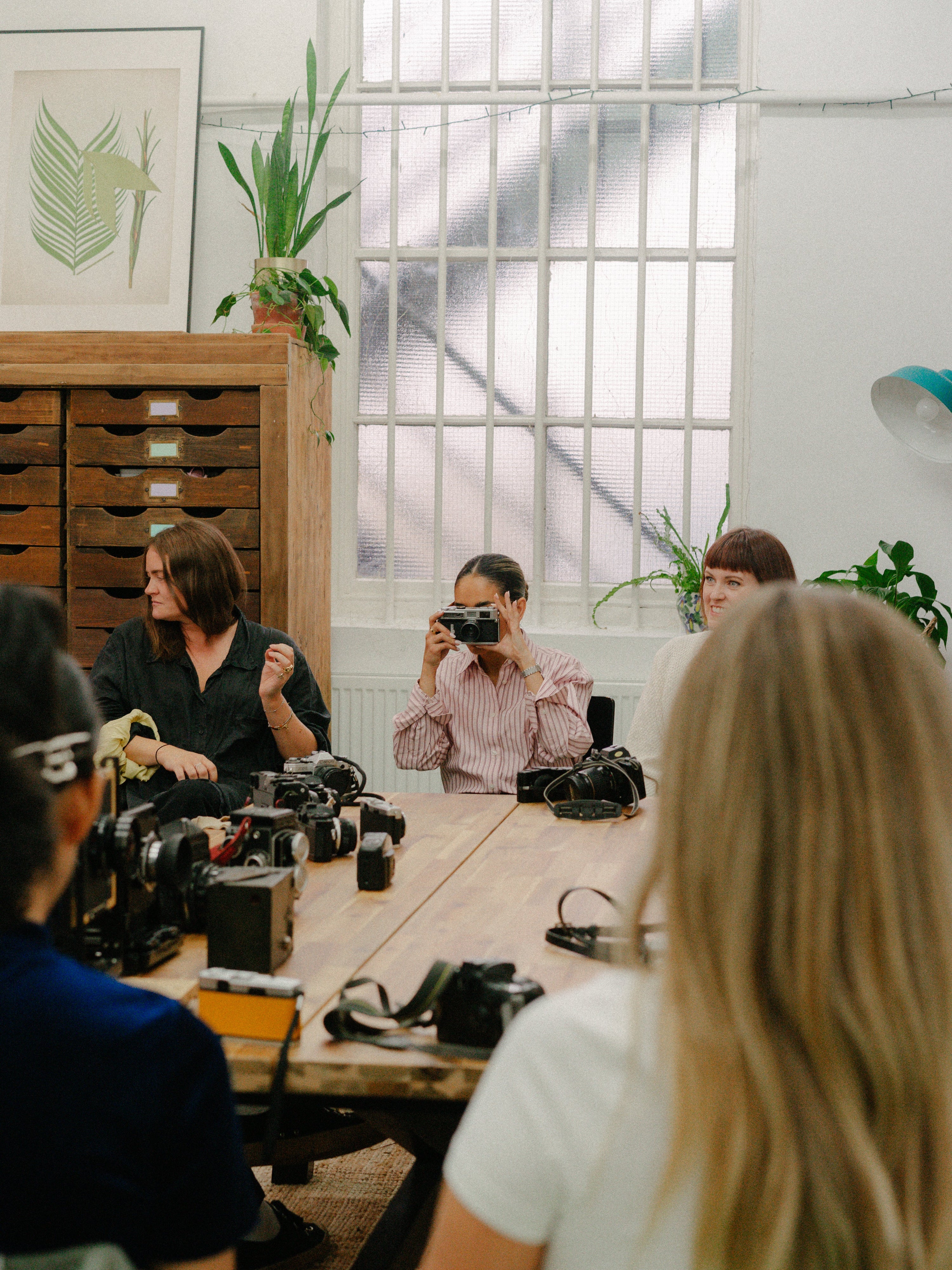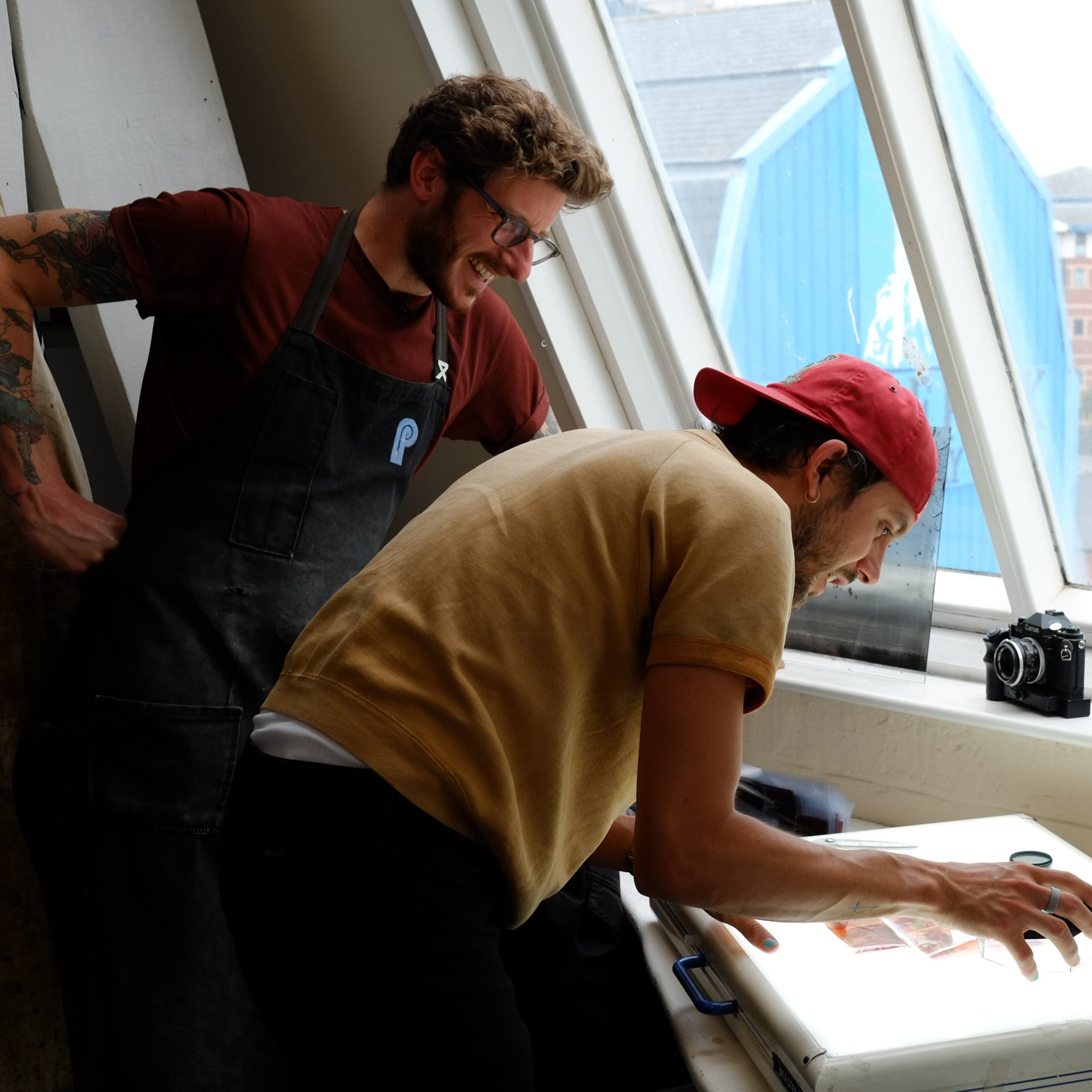

Behind the lens with Ian Wilkinson
From getting up close and personal with the likes of Action Bronson, to campaign shoots for fashion brands, Ian Wilkinson has been gone from strength to strength since taking the decision to become a freelance photographer full-time. We caught up with him to discover how he got into photography, what he thinks makes a good portrait, and get his top tips.
Can you introduce yourself and tell us a little bit about your photography style?
Hi, I'm Ian. I’d describe my photography style as documentary. I take a lot of portraits, generally with flash - both on and off camera.
How did you first get into photography?
I started college on a graphic design course but switched to photography after one day in the darkroom developing and printing black and white. Every friday we went to the photo department at the college and I think in the first lesson I was given a Pentax ME Super and a roll of HP5. I was shown how to develop in the dip and dunk tanks, then how to make a contact sheet and a final print. Before that I hadn’t really thought about photography at all.

You take a lot of portraits, what makes a good portrait in your eyes and what do you like about taking portraits?
I think lighting plays a major part. I think my portraits are culture driven. I love music and any artist I get the opportunity to, I will try and get a portrait if I’m not intruding too much!
Do you have any tips for anyone looking to take better portraits?
Get to know the subject. Have a cup of tea with them, be as prepared as you can be, test with a mate before the shoot. If you're prepared, then once you're with your subject you'll feel comfortable with the equipment you're using and it removes a level of stress. Being prepared will allow you to be relaxed around the subject, making them also feel at ease.

How do you get people to feel relaxed in front of the camera?
For me it’s in the prep. If I’m faffing about with my camera and flash, I’m going to get flustered and then the subject picks up on this. I also like to have a quick chat first, show them the camera I am using - usually that’s a pretty good talking point, and helps both parties to relax and trust in each other.
How long do you normally get to spend with the people you're shooting?
Sometimes hours, sometimes minutes. It really depends. This is why I find being prepared key. You never know what a subjects schedule is like, so sometimes it’s really a run and gun moment.

You're now regularly shooting well known faces, how did you get the opportunity to shoot these people?
A little bit of luck and a lot of persistence. I’m really lucky to have the opportunity shooting some of these personalities for commercial work. For a long time I worked in fashion and retail studios until some freelance opportunities came my way and I decided to take the leap of faith.
How does your personal work differ from your commercial projects?
Where possible I try and shoot in the same style. I think if I differed it would look like two different photographers. I think it’s important that you bring your own style to the table and push to retain that style when shooting outside of personal work.

You recently took the move to become a full-time freelance photographer. At what point did you decide that it was worth taking the plunge, and what are the learning curves you've had from taking this step?
I work closely with an agency who gave me the confidence to take this step. It’s great to work with people who have similar passions and interests and I feel that this has really pushed me forwards on my journey. Learning curves are definitely keep on top of the admin work ha.

What percentage of photos do you shoot on film versus digital?
For personal work I try and shoot mainly film, but for commercial work digital is a great ‘insurance’ policy. The ability to tether so a client can see the work in real time is great. I try and have a film camera to hand on anything I’m working on, just in case the opportunity arrises.
Favourite camera to use and why?
iphone - I’m never without it and 9 times out of 10, I’ll take a reference photo before a shoot which will inform how I use my ‘main’ camera. I like using my RB67 a lot as well.
Favourite film type to use and why?
I haven’t tried a lot of film stocks. I generally just use Portra / Gold / HP5

Best and worst things about shooting on film?
Best - Colours.
Worst - Airport staff not having a clue what you're on about at security.
One thing you wish you had known when you were starting out?
Have fun - enjoy the ride!




